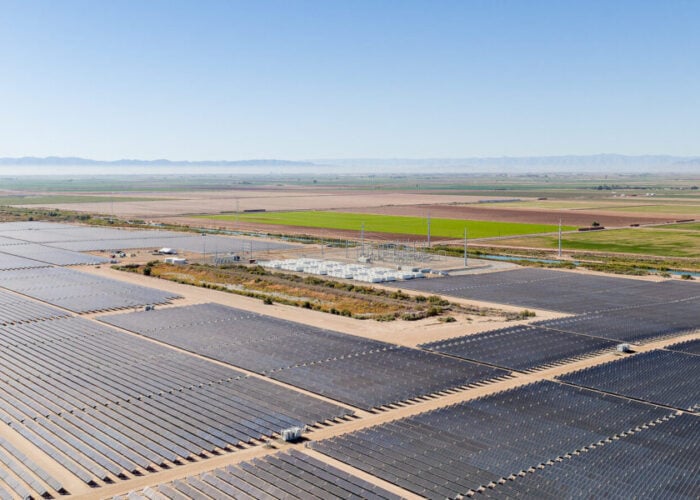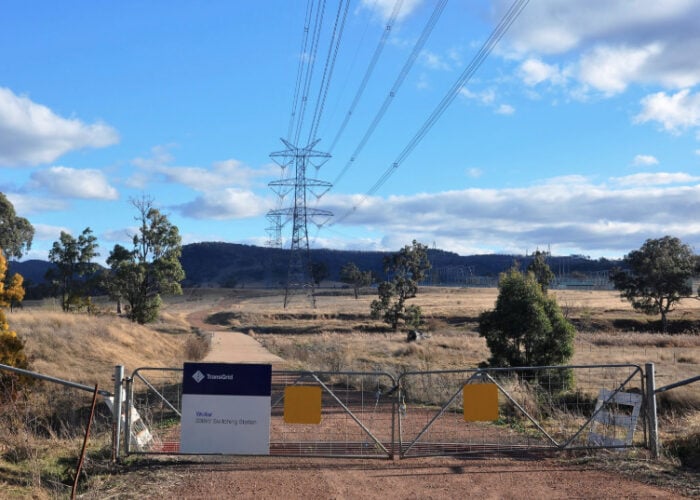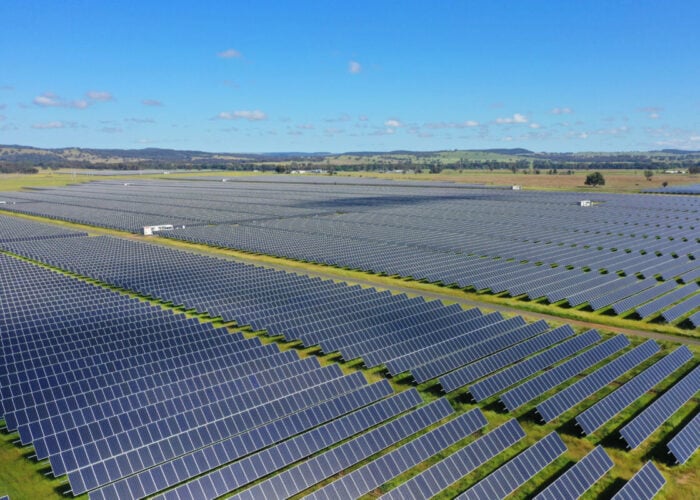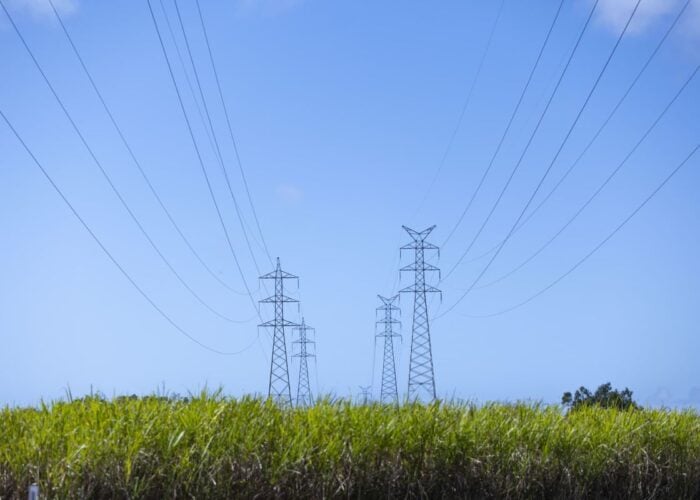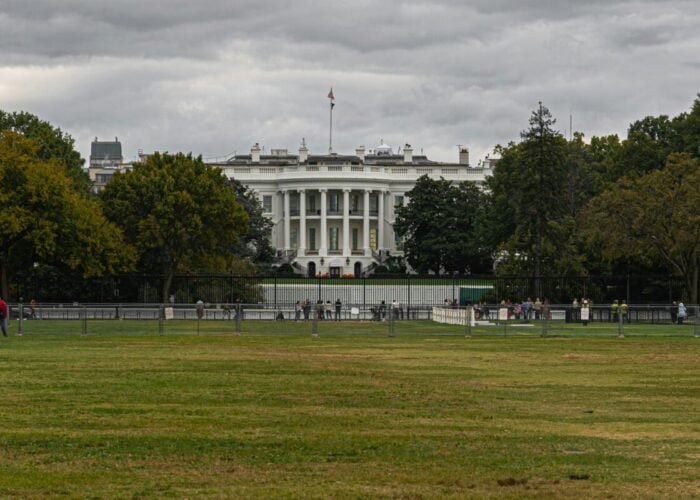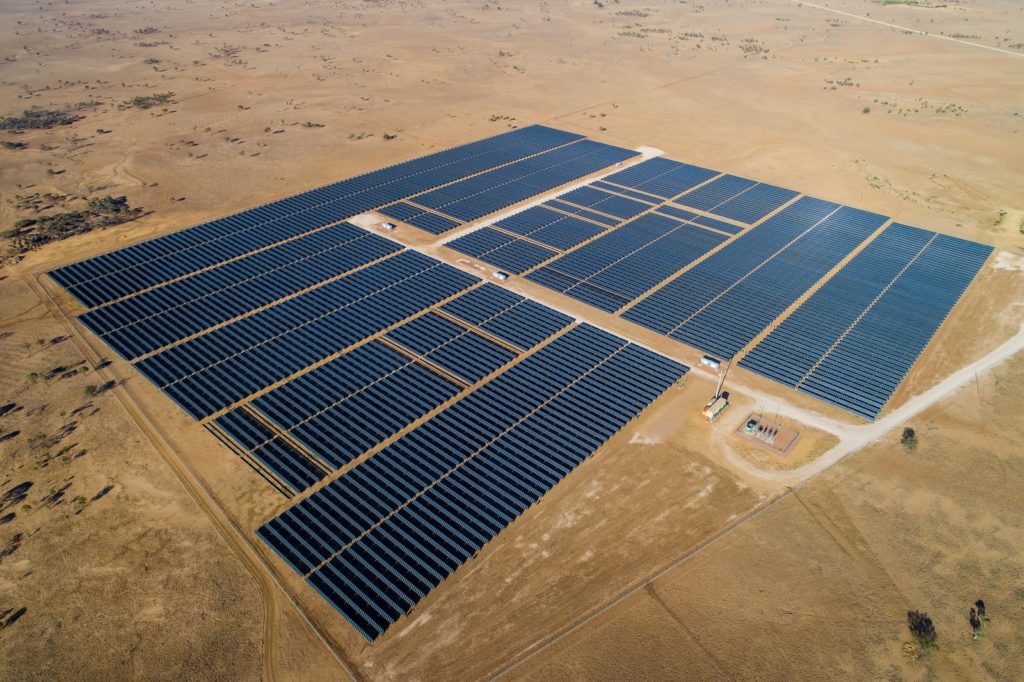
Australia’s 2022-23 Federal Budget has “missed the mark” when it comes to supporting the energy transition and has neglected investment in transmission infrastructure over investing in fossil fuels at a critical junction in Australia’s decarbonisation journey, said the Clean Energy Council (CEC).
The CEC said “the lack of transmission investment is now one of the most critical challenges facing Australia’s energy industry” and that the budget failed to “look to the medium-to-long term future through an all-important lens of reducing the emissions”.
Unlock unlimited access for 12 whole months of distinctive global analysis
Photovoltaics International is now included.
- Regular insight and analysis of the industry’s biggest developments
- In-depth interviews with the industry’s leading figures
- Unlimited digital access to the PV Tech Power journal catalogue
- Unlimited digital access to the Photovoltaics International journal catalogue
- Access to more than 1,000 technical papers
- Discounts on Solar Media’s portfolio of events, in-person and virtual
The 2022-2023 budget reveals that spending on climate change prevention is set to fall from AUS$2 billion next financial year to AUS$1.9 billion, AUS$1.5 billion and AUS$1.3 billion in the three years that follow, representing a 35% annual cut in spending over the four years.
Australia’s Climate Council has branded the budget a “massive missed opportunity” and has calculated that just 0.3% of total expenditure for 2021-2024 has been committed to climate change initiatives, falling even lower to just 0.2% in 2024-2026.
Nicki Hutley, Climate Council councillor and leading climate economist, said much of the 0.3% is funding already committed prior to this Budget and that the 2022-2023 budget adds “virtually nothing” to that, despite solar PV and wind being the cheapest forms of power generation in the country.
The Australian federal government has been seen as a laggard on renewables and its commitments at the COP26 climate summit were received with disappointment as it pursues a “technology, not taxes” approach to decarbonisation. Instead, it is Australia’s state governments that have set the most ambitious climate targets.
Australia’s regions will play a critical role in the transition to a renewable economy,” said Hutley, adding “there is not a whisper of transition or measures to support state governments’ initiatives” as they seek to transition to renewable power.
In February, the Australian Energy Market Operator (AEMO) revealed that solar and other renewables accounted for a record share of electricity generation in Australia’s National Energy Market (NEM) in Q4 2021 at 34.9%. But average wholesale prices rose with the higher cost of fossil fuels despite their share of the energy mix shrinking.
“The Government is delivering on its commitment to a secure, affordable, and reliable energy supply and has achieved its goal of wholesale electricity prices under AUS$70/MWh,” said the budget.
Elsewhere, the Australian budget has halved the excise and excise equivalent customs duty rate, which applies to petrol and diesel for 6 months. The budget said the measure would “reduce cost of living pressures for Australian households and will decrease the underlying cash balance by AUS$3 billion over the forward estimates period.”
“A cut to fuel excise is a mere temporary measure, with no guarantees of the costs being passed on to consumers,” said the CEC. “Greater focus on the electrification of transport would critically release our shackles from fluctuating fuel costs as a result of events overseas.”
The Australian Renewable Energy Agency (ARENA) has published a series of planning and forecasting publications that present five different visions of Australia’s future.
In October last year, the former head of the Law Council of Australia said the federal government’s plans to invest public money into fossil fuel production could be illegal, is open to serious legal challenge and is “at odds” with the purpose of ARENA.


